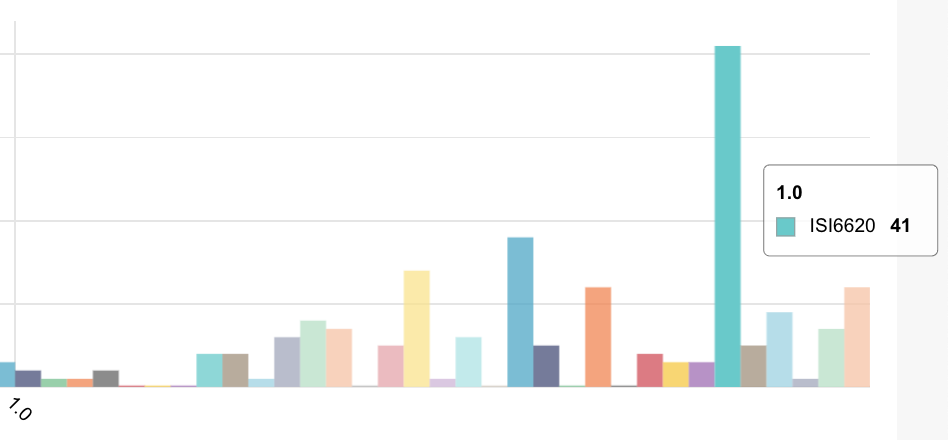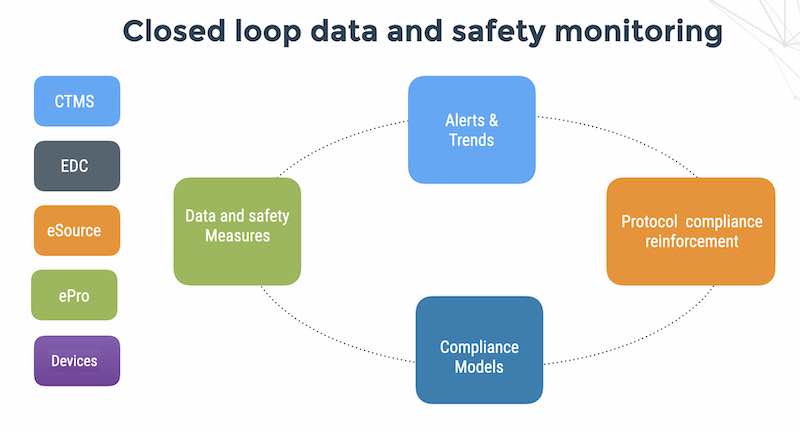Please don’t say you do everything in vi.
I returned Friday from a business trip on a data loss prevention project with a client in Poland and I realized it has been a while since I posted to my blog.
Totally off topic from data leakage prevention and software security, I just won a small wager with a friend recently when I asked him how many text editors he has used in the course of his work as a programmer and later, as a system administrator. I said “at least 10” and he said “no way, maybe 3” but when we finished counting there were 11 editors: XEDIT (an editor for VM/CMS), ROSCOE (later sold to CA – a line based editor with inline editing, command execution and libraries), KEDIT, Textpad, Notepad, VI, Emacs, pico, DEC LSE (Language Sensitive Editor) – text editor intended specifically for software development, Decwrite and sed. If my friend would have continued in programming, he could have probably added IDEs like Eclipse and the various versions of Microsoft Visual Studio.
I do very little work on Windows – using my Windows XP notebook for presentations and online banking (the Israeli online banking sites only work on Microsoft IE 6 or IE 7). Looking now – I see that I use vi for small scale editing and emacs for larger projects.
If you want a powerful editor for Linux, I highly recommend using Emacs 22 for X11. Here is the GNU Emacs FAQ, last updated on 4 June 2007. Just remember that the meta key M- is really ALT!
Blackjack bei Spins of Glory Casino Strategien für österreichische Kartenspieler
Blackjack bei Spins of Glory Casino Strategien für österreichische Kartenspieler Table of Contents Die Grundlagen von Blackjack und seine Popularität Die Regeln von Blackjack im





